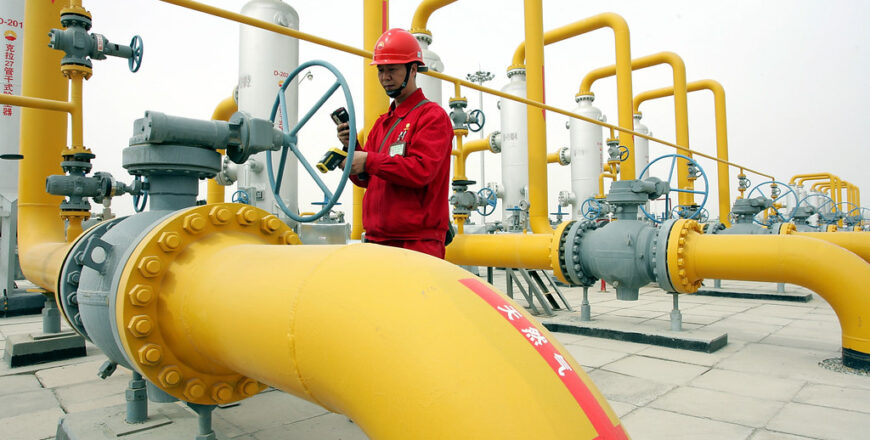Natural Gas Development: Policy Considerations and Best Practices

I. Introduction
Natural Gas Development: Policy Considerations and Best Practices.” This course provides a focused exploration of the policies governing natural gas development and the adoption of best practices within the industry. Delving into the complex intersection of environmental, economic, and social factors, we aim to equip participants with essential insights for navigating the evolving landscape of natural gas regulation and sustainability. Join us as we analyze key policy considerations and exemplary practices shaping the responsible extraction, transportation, and utilization of natural gas resources on a global scale.
II. Course Objective:
At the end of this course, participants are expected to:
• Analyze the regulatory frameworks governing natural gas development at local, national, and international levels.
• Evaluate the environmental, economic, and social impacts of natural gas extraction, transportation, and utilization.
• Identify best practices for minimizing environmental risks, ensuring safety, and promoting social responsibility throughout the natural gas value chain.
• Understand the role of stakeholder engagement and public participation in shaping natural gas policies and practices.
• Explore case studies and real-world examples of successful natural gas development initiatives, highlighting lessons learned and best practices.
• Assess the implications of emerging technologies, market trends, and geopolitical factors on natural gas policy formulation and implementation.
• Develop strategies for advocating for responsible natural gas development policies and practices within governmental, industry, and community contexts.
III. Course Outline:
Module 1: Introduction to Natural Gas Development
• Overview of natural gas resources and their significance in the global energy landscape
• Introduction to the key policy considerations and challenges associated with natural gas development
Module 2: Regulatory Frameworks for Natural Gas Development
• Analysis of regulatory frameworks at local, national, and international levels
• Examination of environmental regulations, safety standards, and permitting processes governing natural gas operations
Module 3: Environmental Impacts and Mitigation Strategies
• Assessment of environmental impacts associated with natural gas extraction, transportation, and utilization
• Exploration of mitigation strategies and best practices for minimizing environmental risks, including air and water pollution, habitat disruption, and greenhouse gas emissions
Module 4: Economic Considerations and Socioeconomic Impacts
• Evaluation of the economic benefits and challenges of natural gas development for host communities and regions
• Analysis of socioeconomic impacts, including job creation, infrastructure development, and local economic diversification
Module 5: Stakeholder Engagement and Community Relations
• Importance of stakeholder engagement and public participation in natural gas development processes
• Strategies for building trust, fostering dialogue, and addressing community concerns throughout the project lifecycle
Module 6: Best Practices in Natural Gas Development
• Examination of industry best practices for responsible natural gas extraction, transportation, and utilization
• Case studies highlighting successful initiatives and lessons learned in implementing best practices
Module 7: Emerging Technologies and Innovations
• Exploration of emerging technologies and innovations in natural gas development, including hydraulic fracturing, methane detection, and carbon capture and storage
• Assessment of their potential to improve environmental performance and operational efficiency
Module 8: Policy Advocacy and Future Outlook
• Strategies for advocating for responsible natural gas development policies and practices
• Discussion of future trends, challenges, and opportunities in the natural gas industry, including energy transition pathways and geopolitical considerations
IV. Target Audience:
• Government Officials and Policy Makers
• Industry Professionals
• Environmental and Social Advocates
• Community Representatives
• Academics and Researchers
• Consultants and Advisors




